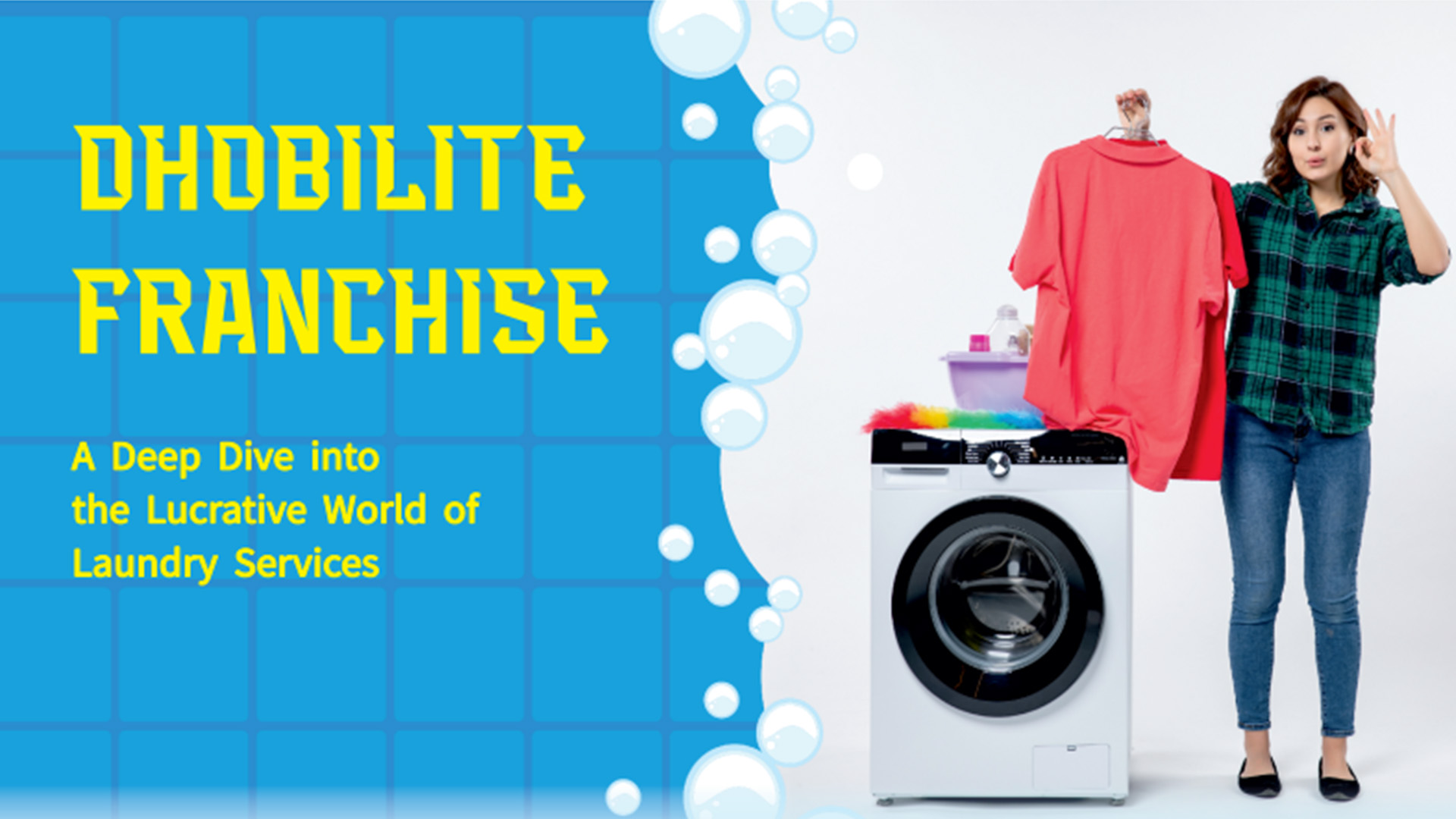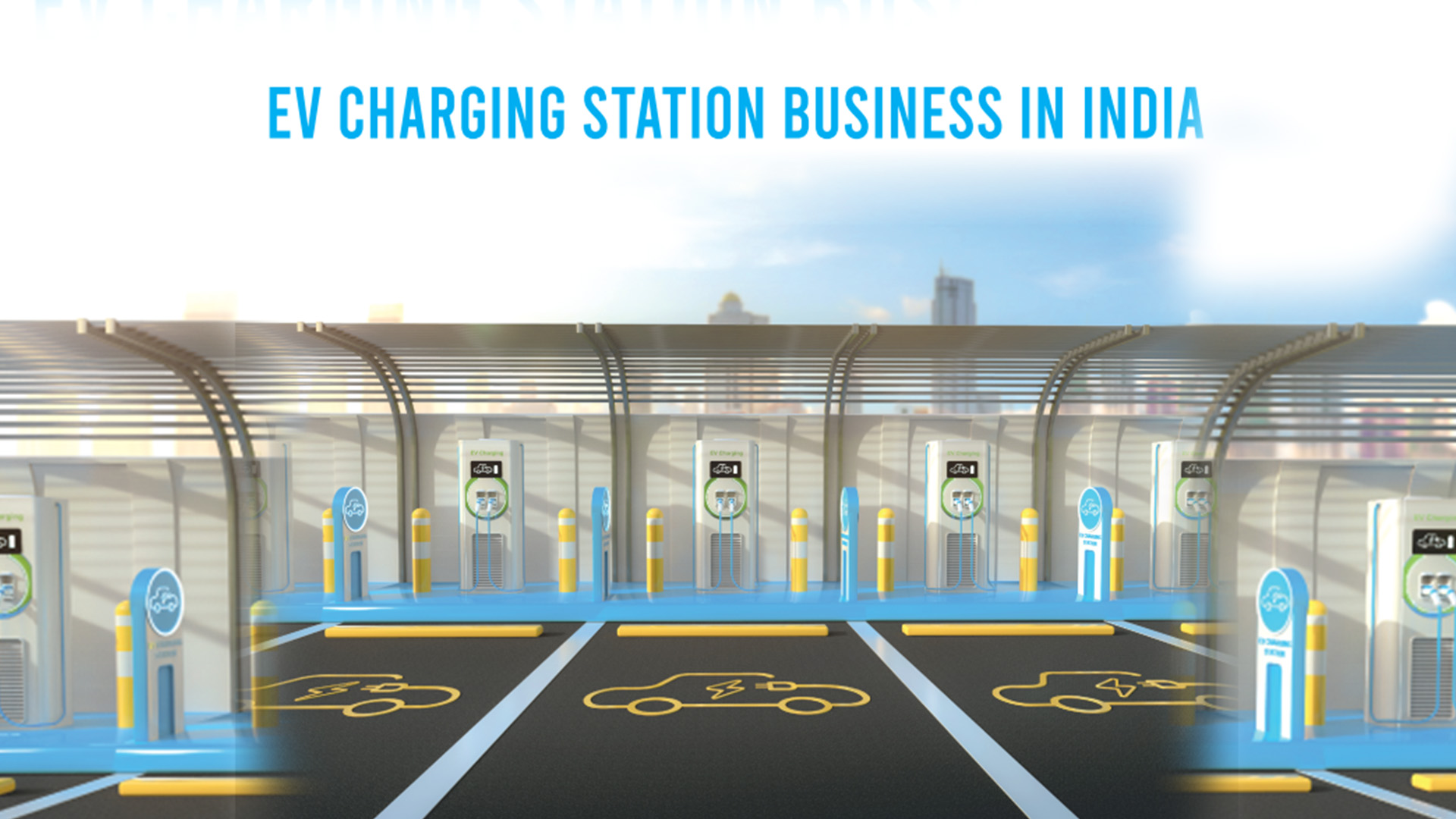“Every time you spend money you are casting a vote for the kind of world you want” —Anna Lappe
The world of consumerism has been dominated by a compelling fashion in the last decades: ethical consumerism. This paradigm shift in purchasing habits sees customers deciding to buy products depending on the ethics and morals of the companies they patronize.
One of the primary drivers behind the surge in ethical consumerism is the growing awareness of social and environmental issues, facilitated by the widespread use of social media platforms. Beyond serving as mere spaces for socializing, platforms like Twitter, Facebook, and Instagram have become hubs for activism, particularly surrounding environmental causes. Users now have easy access to news and discussions about climate change and other pressing issues, thanks to independent journalists leveraging social media to expose social and environmental injustices.
Influence of Millennials and Gen Z
Millennials and Gen Z, the predominant consumer demographics, are driving forces behind the rise of ethical consumption. Research shows that these generations prioritize social and environmental responsibility when making purchasing decisions. Social media plays a crucial role in shaping their preferences, as it serves as a platform for sharing information and raising awareness about environmental issues and sustainable practices. The independence stood to clients via web-based entertainment considers the inescapable spread of data and the enhancement of voices pushing for change. This increased mindfulness has driven purchasers to focus on brands and organizations that exhibit a promise to maintainability and social obligation.
Trends such as veganism, eco-friendly fashion, and living a more sustainable lifestyle are on the rise, and people are talking about them a lot on social media. It's cool to be environmentally conscious these days, and more and more people want to make sure their spending habits reflect their values. As these groups of people with money to spend get older, businesses are starting to take notice and realize they need to change how they operate if they want to keep these customers happy.
Elevating Brands through Sustainable Marketing: Strategies and Impactful Examples from India
Sustainable marketing, often referred to as eco-marketing, transcends traditional product promotion, signifying a commitment to ethical and eco-conscious practices.
Let’s discuss pivotal strategies delineate effective sustainable marketing campaigns:
Engaging Social Media: In response to consumers' heightened interest in eco-friendly products, innovative approaches are necessary to connect with them on social platforms.
Providing Accessible Information: Companies must integrate measurable ESG initiatives and transparent supply chain practices into their marketing efforts.
Prioritizing Transparency: Consumers prioritize brands that exhibit transparency in their supply chains, demonstrating a commitment to both environmental sustainability and ethical labor practices.
Fostering Collaboration: Partnerships with environmental organizations amplify the impact of sustainability initiatives and underscore a brand's dedication to driving positive change.
Securing the Seal of Sustainability: Third-party certifications serve to enhance the visibility and credibility of sustainable products in the marketplace.
Numerous Indian brands have really been knocking it out of the park when it comes to implementing sustainable strategies. For instance, Schneider Electric's 'Green Yodha' campaign has been a total game-changer, and Tata Group Tea's 'JaagoRe' initiative to fight climate change is just awesome. Hyundai Motor India Ltd.'s 'Save Water Challenge' and Nestlé Maggi's '2-minute Safai Ke Naam' campaign are also super inspiring.
Sustainable marketing isn't just about jumping on a trendy bandwagon; it's about creating real, lasting connections with consumers who care about making a difference. By embracing sustainability, brands can position themselves as champions for positive change and really win over consumers' hearts.
Shaping a New Era of Consumption
Ethical consumerism represents a significant shift in consumer behaviour, with consumers increasingly demanding transparency, sustainability, and social responsibility from the brands they support. While there are challenges and limitations associated with ethical consumerism, its potential to drive positive social and environmental change is undeniable.
As the movement picks up speed, it's gonna have a huge impact on how businesses work and how we all make decisions about what to buy. If we support brands that do the right thing and choose stuff that's made in a way that doesn't hurt anyone or anything, we can help create a better future for everyone.
Ethical consumerism isn't just a passing fad; it's a real movement that could totally change the way we shop and think about the stuff we buy. Instead of just caring about making money, companies would have to care about people and the planet too.























